Digital Transformation vs Misinformation!
By MYBRANDBOOK
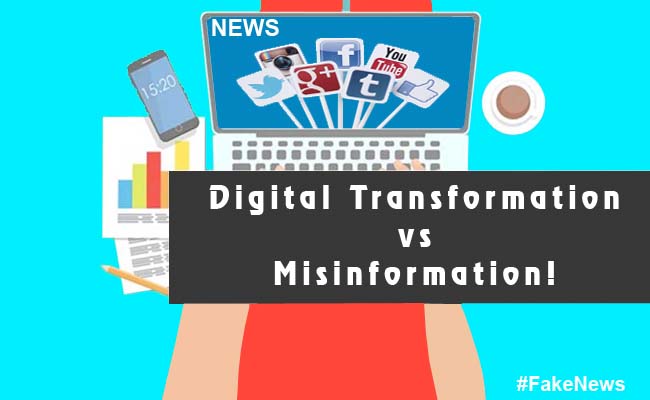
The rise of misinformation and fake news has been buzzword for the last few years. Experts have found that the traditional outlets are still viewed as the best and most trustworthy in this field. The internet has become an increasingly popular source of news. Fake news on social media travels faster than the truth.
It is fact that fake news moves faster and farther through sharing on social media compared to real news. The Digital Age has access to significant data caches leading to ground-breaking investigative journalism, new models of cross-border collaborative reporting just at a mouse-click. It has also delivered unprecedented, ongoing challenges and structural changes to the news industry. Journalism is ‘under fire', facing a virtual ‘perfect storm’ of convergent pressures that feed ‘information disorder’.
This module will inform participants about how the digital era could collapse with many commercial news media business models, in combination with processes of digital transformation. The advent of social media has enabled the legitimation and viral spread of misinformation. Political fake news is more likely to reach more people than news about terrorism, natural disasters, science, urban legends, or financial information.
The digital disruption of advertising has caused the collapse of the traditional business model of news publishing and has led to mass unemployment (Google and Facebook are now the main beneficiaries of digital advertising sales). The most important is targeted through online harassment of journalists (particularly women), their sources and their audiences. A growing bundle of survey saysthat this is a qualitatively and quantitatively new problem. Could there be a new role/protocol to amend the social media? Certain countries are working on how to regulate the social media.
Another report says that true stories took six times as long to reach 1,500 people on Twitter than fake news. The academics at MIT also found that fake news was 70 per cent more likely to be retweeted. There are various institutions and individuals who have opened hundreds of social media accounts to flash the news. This is simply an abuse of the social media. Apart from effects on elections and referendums, fake news in social media can assist hate speech to turn into communal violence more quickly. Platforms such as social media have 'democratized' the access to the publication and distribution of news to a certain extent.
Having said this, a question arises on whether we could afford to ban posting of selected news content on social media to avoid a “digital curfew”? It remains to be seen.

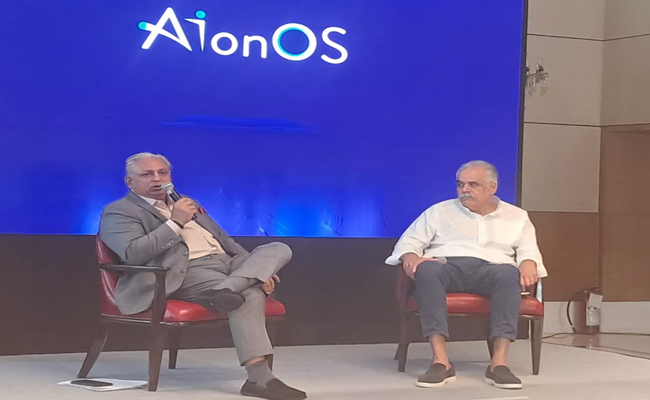
InterGlobe’s Rahul Bhatia and C.P. Gurnani together announce
In a move that is set to transform the AI landscape, Rahul Bhatia, Group M...
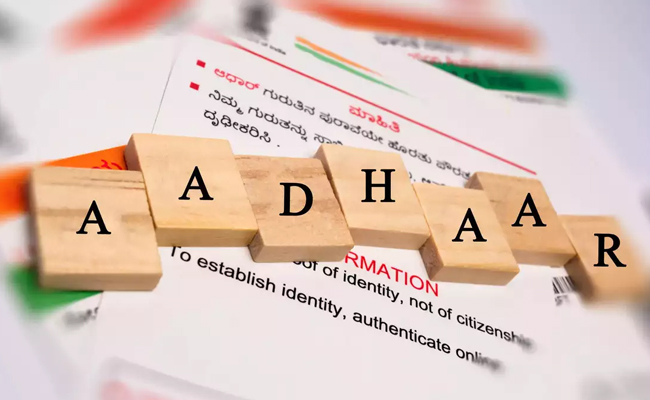
Download masked Aadhaar to improve privacy
Download a masked Aadhaar from UIDAI to improve privacy. Select masking w...
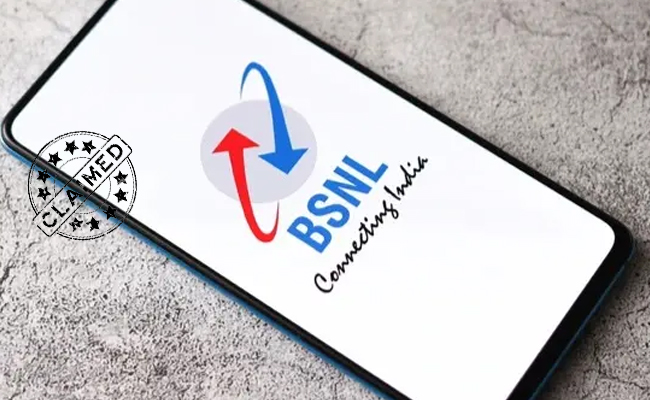
Sterlite Technologies' Rs 145 crore claim against BSNL rejecte
An arbitrator has rejected broadband technology company Sterlite Technolog...
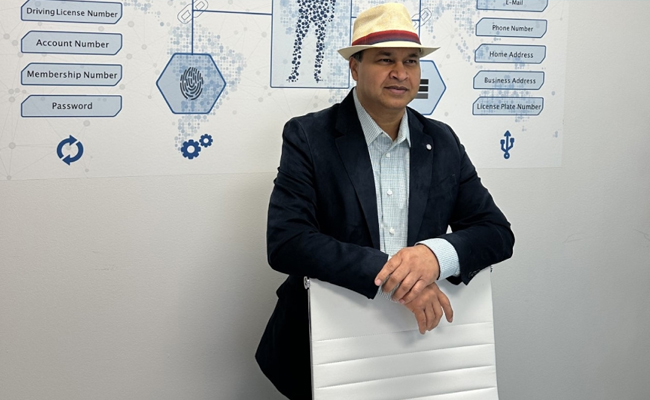
ID-REDACT® ensures full compliance with the DPDP Act for Indi
Data Safeguard India Pvt Ltd, a wholly-owned subsidiary of Data Safeguard ...

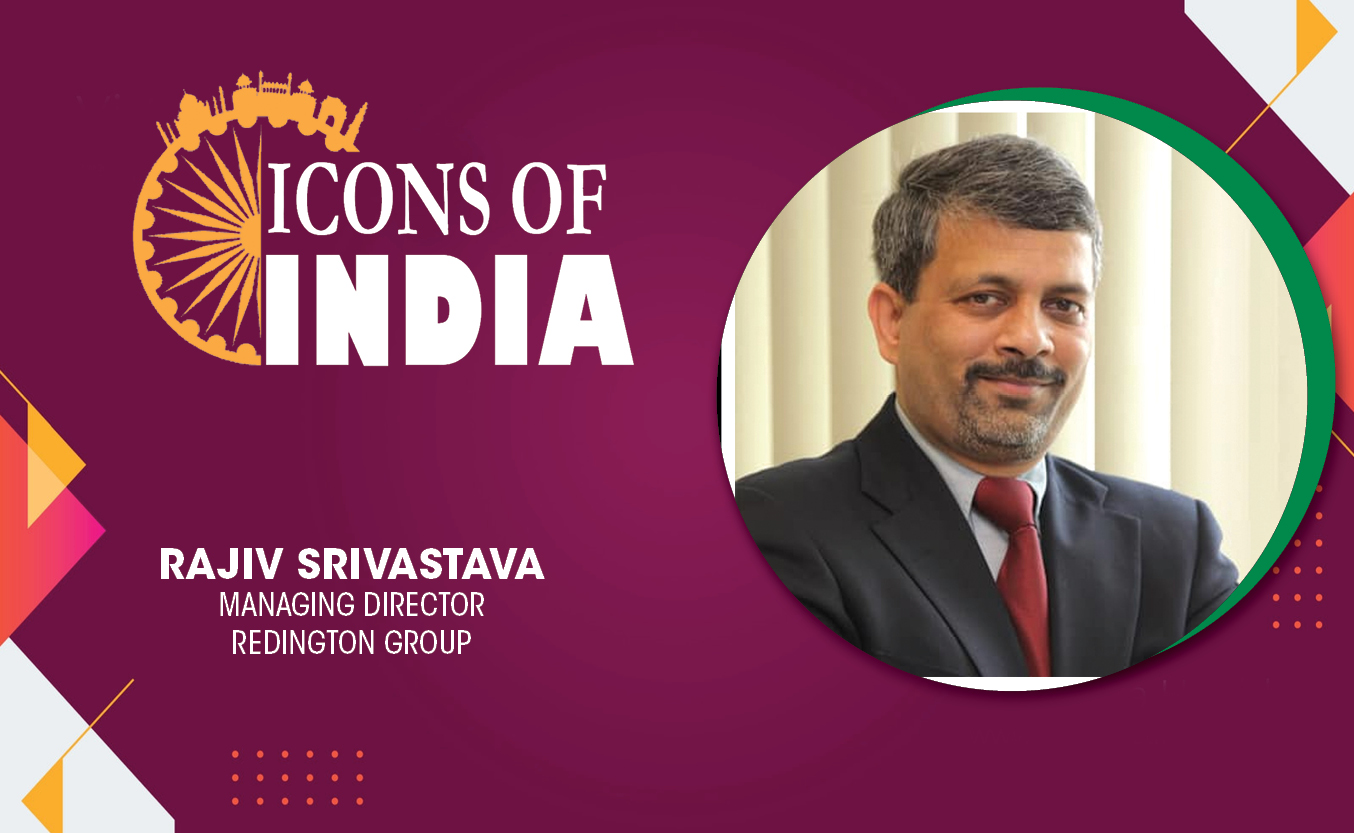
Technology Icons Of India 2023: Rajiv Srivastava
Rajiv Srivastava is the Managing Director of Redington Group. With 35 ...
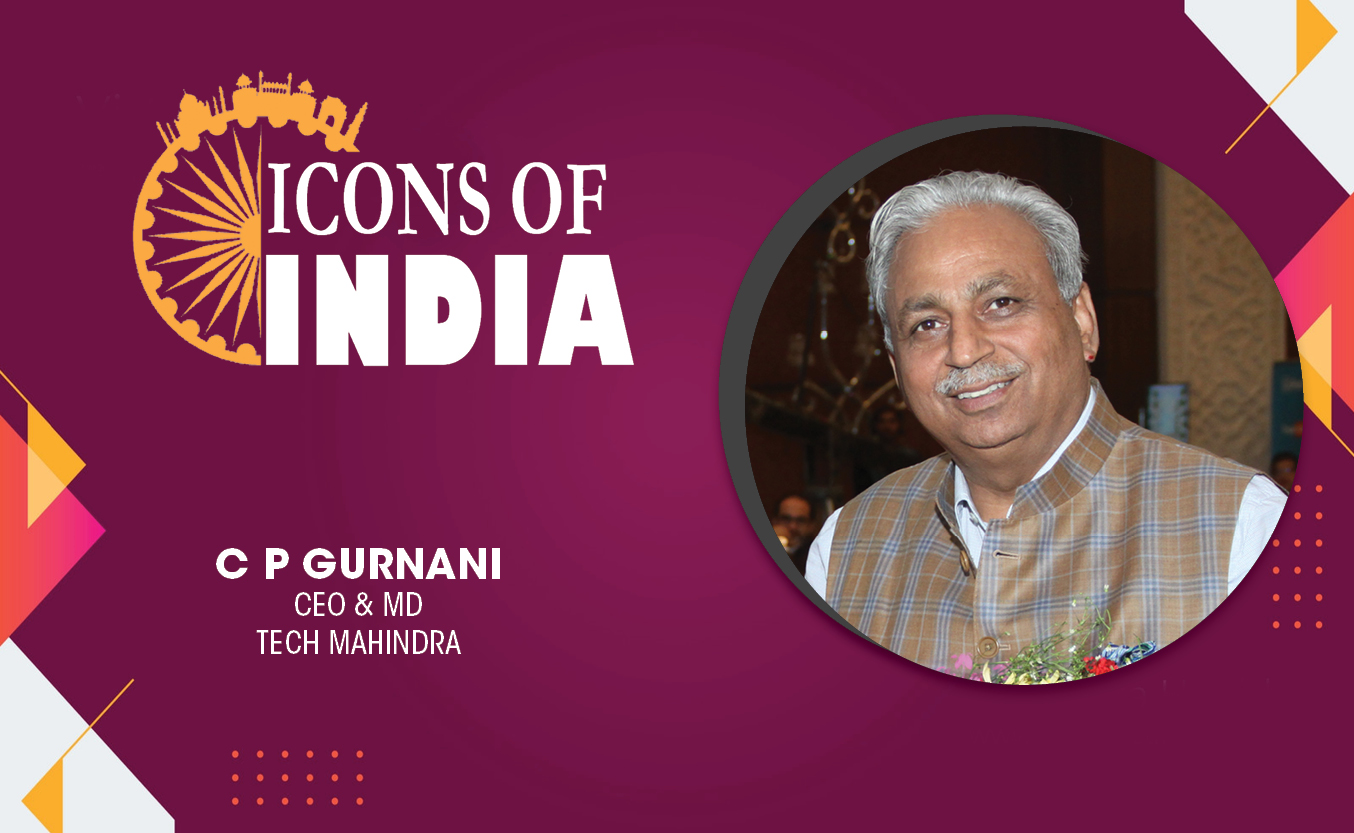
Technology Icons Of India 2023: C P Gurnani
CP Gurnani (popularly known as ‘CP’ within his peer group), is the...
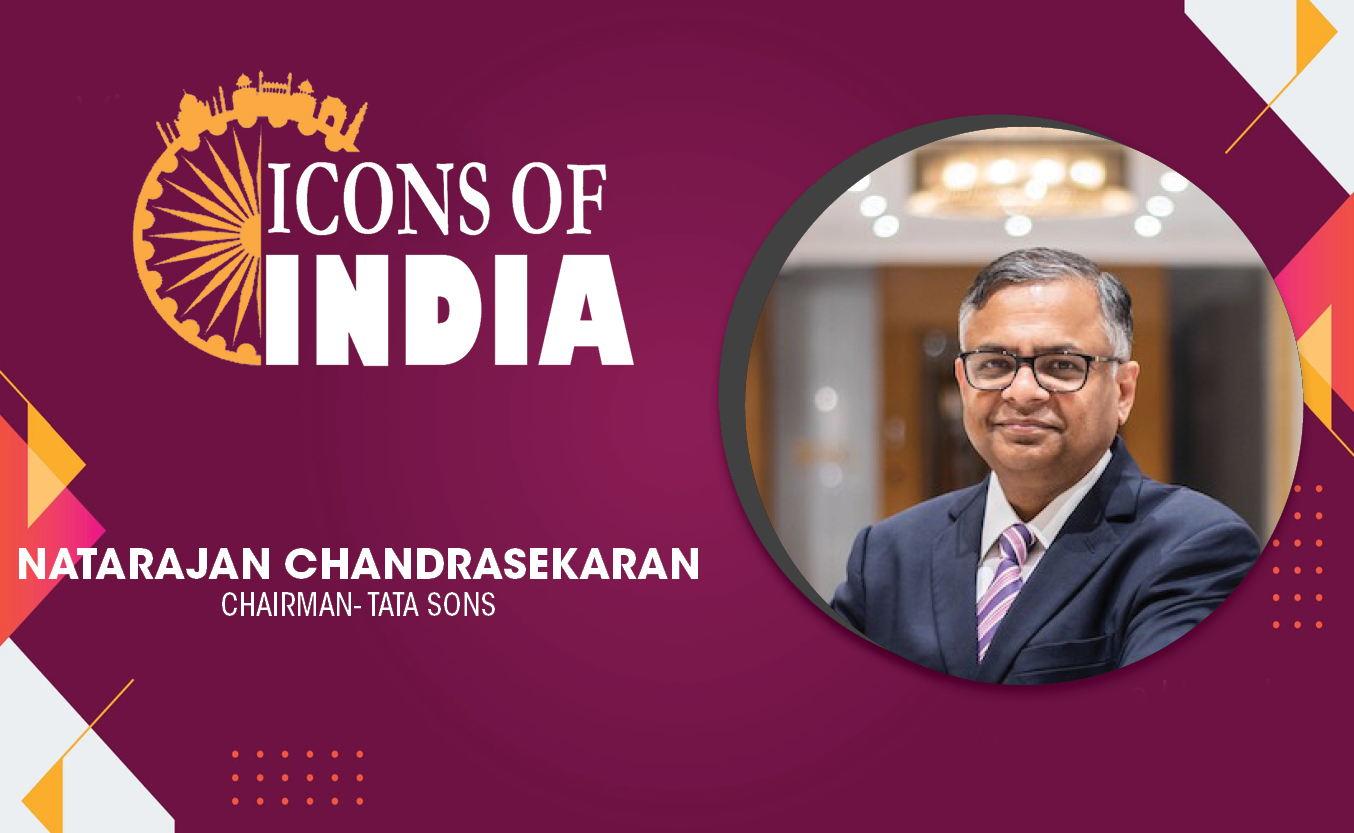
Technology Icons Of India 2023: Natarajan Chandrasekaran
Natarajan Chandrasekaran is the Chairman of the Board of Tata Sons, th...

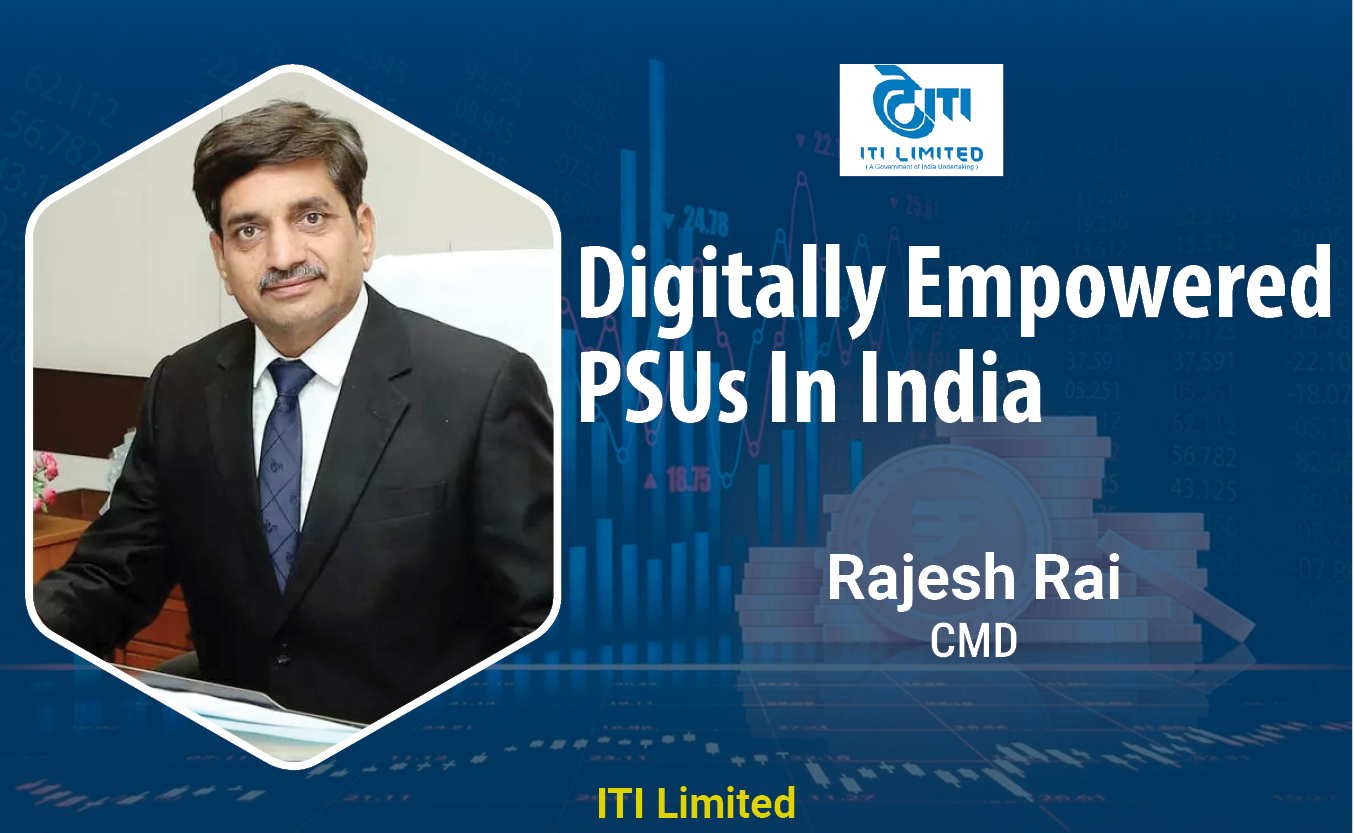
ITI Limited widening its focus area
ITI Limited is a public sector undertaking company, has manufacturing ...
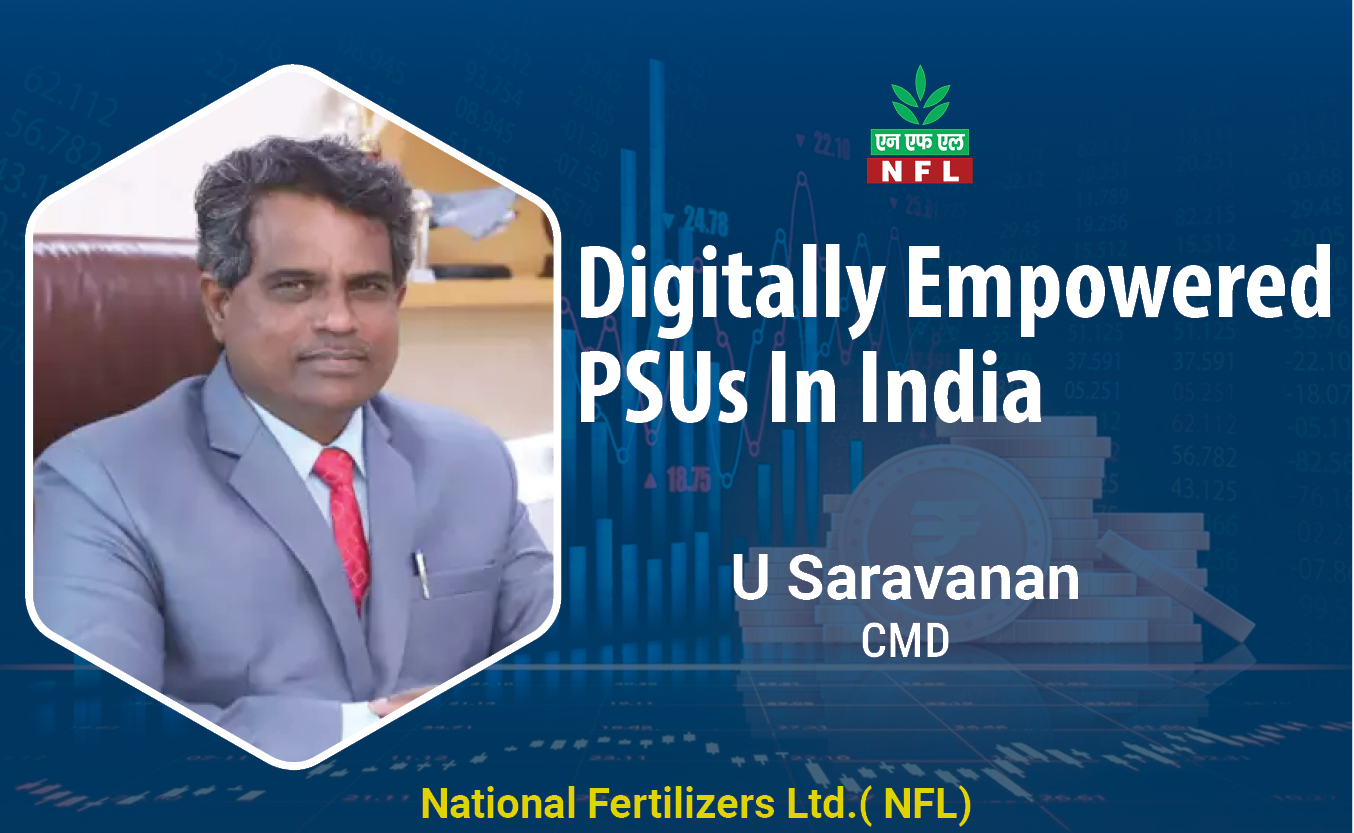
Leading company into fertilizers in the country
NFL is a dynamic organization committed to serve the farming community...
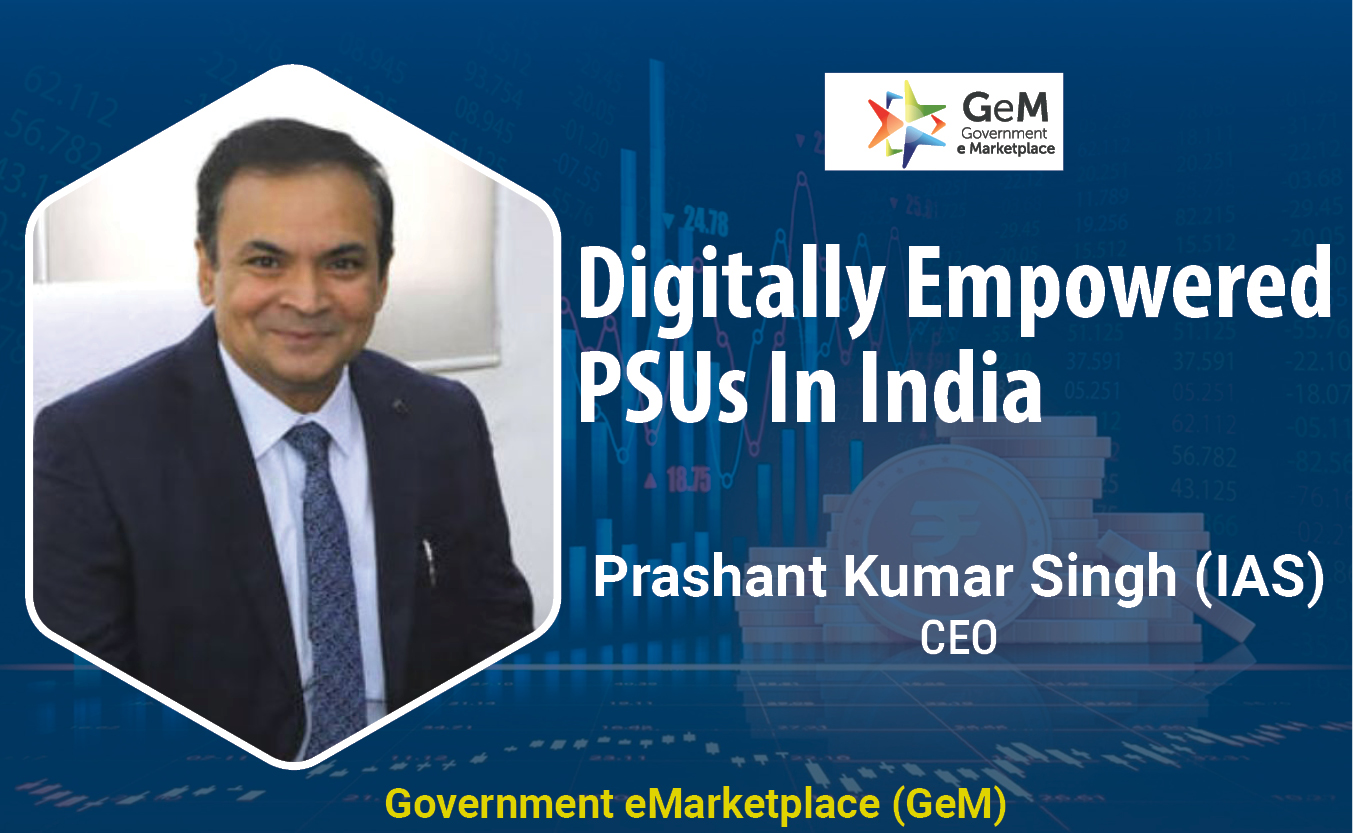
GeM maintains transparency in online procurement of goods & services
Created in a record time of five months, Government eMarketplace is a ...


SAVEX TECHNOLOGIES PVT. LTD.
Savex Technologies is the 3rd largest Information & Communication Tec...

TECH DATA, A TD SYNNEX COMPANY
Tech Data Corporation was an American multinational distribution compa...

FORTUNE MARKETING PVT. LTD.
Delhi based Fortune Marketing, An ISO 9001:2008 company, distributes ...